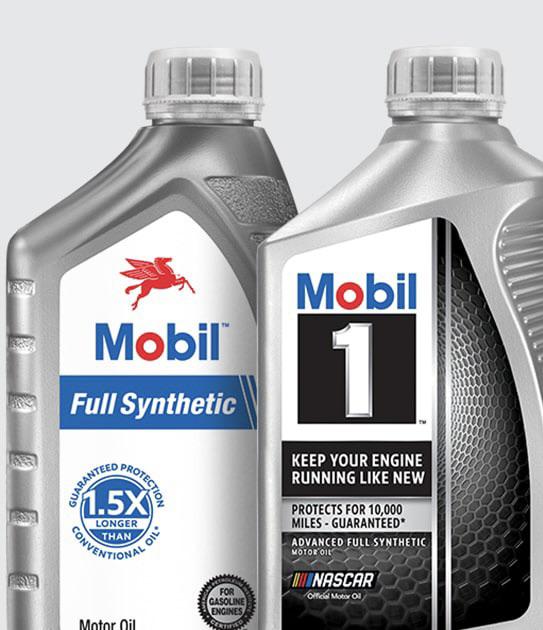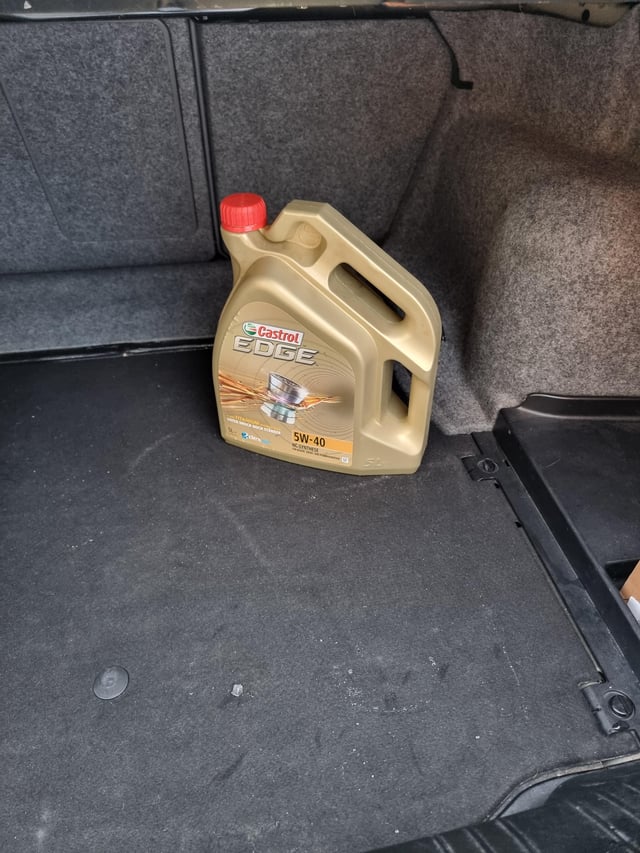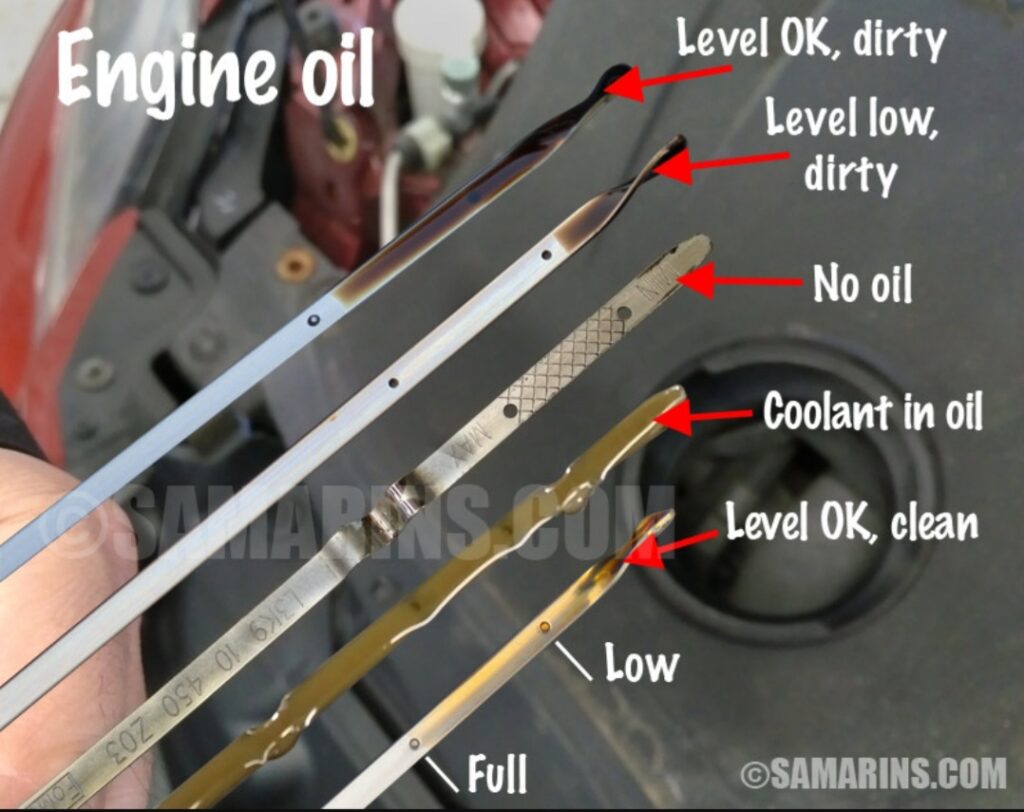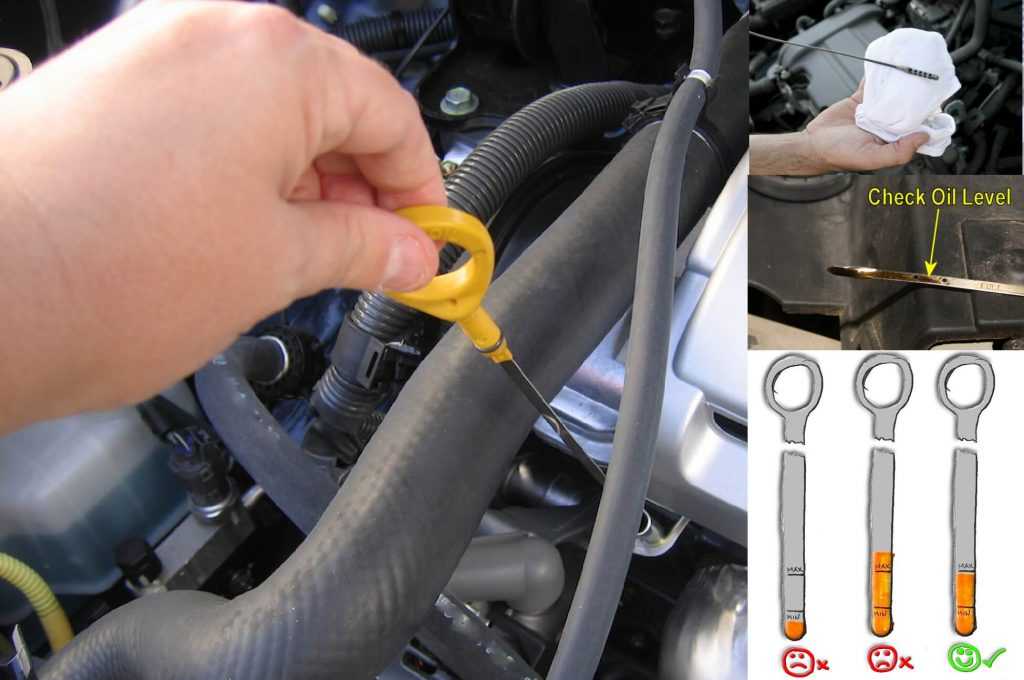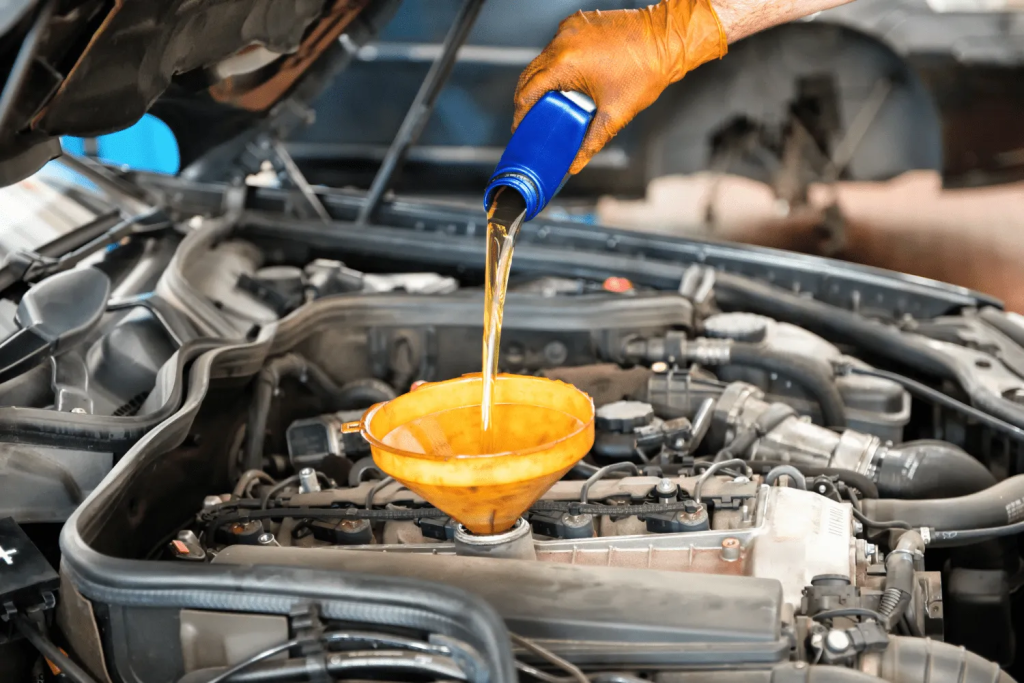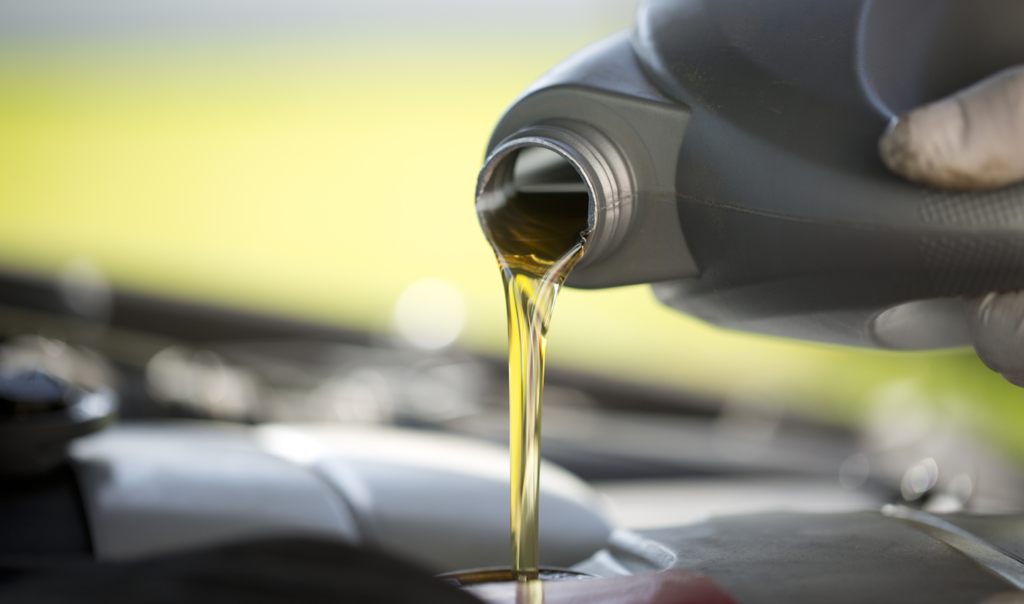Engine Oil Vs Mobil: Are Engine Oil and Mobil the Same?
Engine oil and Mobil are not the same. Mobil is a brand that produces engine oil, among other products. Engine oil refers to any oil used for lubricating internal combustion engines, while Mobil is a specific brand of engine oil. Understanding the differences between various engine oil brands, including Mobil, is important for maintaining […]
Engine Oil Vs Mobil: Are Engine Oil and Mobil the Same? Read More »

